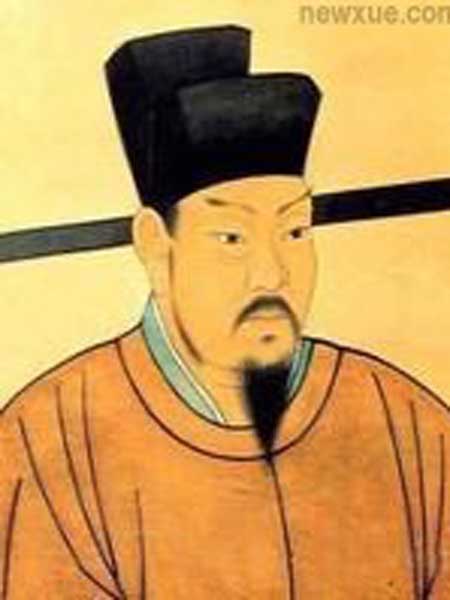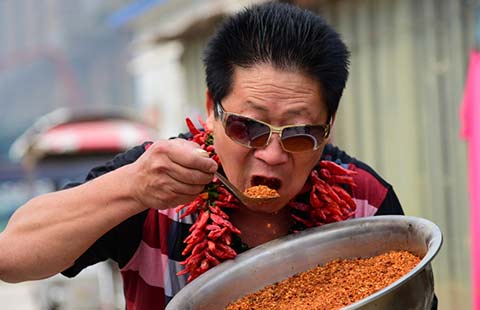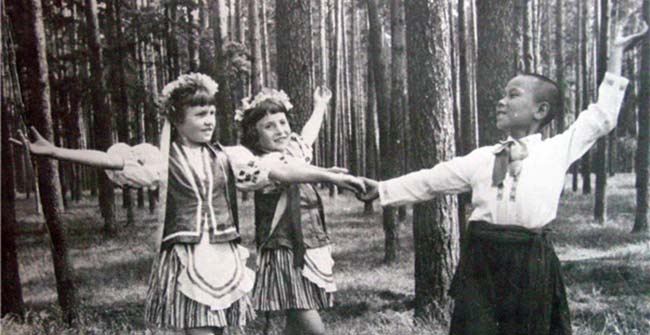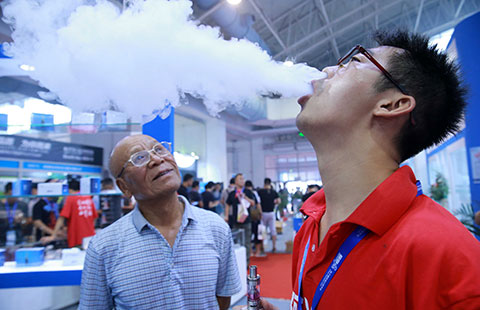Honesty is an intangible asset
(chinadaily.com.cn) Updated: 2015-10-19 17:21Editor's note: As cases of dishonesty rise, it seems the world's second-largest economy is facing a moral decline. But as a civilization with more than 3,000 years of history, honesty runs deep in Chinese blood. We will carry series of stories in coming weeks on how honesty shaped ancient China. Here is the second part.

Yan Shu (991-1055), a renowned poet, lived in the Northern Song Dynasty. He is well known for his talents on poetry as well as his honesty.
Dubbed "a child prodigy", Yan started writing poems at the age of five.
At age 14, together with thousands of scholars in China, he joined the imperial exam.
He told the emperor the truth. The truth being that he had studied the questions of the exam earlier. He required a change of questions. The emperor appreciated Yan's honesty and granted him the jinshi degree - a successful candidate in the highest imperial examinations.
At a time when the country was at peace, Yan Shu was in a good position. Officials liked going to outings and dinners at tea houses whenever possible.
Coming from a poor family, Yan preferred to stay at home writing essays instead of spending money outside.
Yan was later promoted by the emperor to help read classics of the prince. Other ministers didn't understand why the emperor chose such an unsociable person. Yan said, "I am also the kind of person who likes going outings and dinners with friends, but I am from a poor family. If I were rich, I would like to do the same things as you guys do."
Yan's honesty was again appreciated by the emperor. The ministers also appreciated Yan's honesty.
In the year 1042, at the age of 64, Yan Shu was promoted as prime minister. Yan died of illness in the capital Kaifeng in 1055.
- Park to be built on Tianjin blast site
- Airports to help fuel traffic integration
- Experts call for more private capital
- Policeman, journalist investigated for corruption in qigong master case
- Hugo Award winner Liu Cixin wins Chinese sci-fi award
- China's environment authorities to screen chemical hazards
- China blacklists 10 travel agencies
- New rail network set to boost 'cluster'
- China 'will never recklessly resort to the use of force'
- Domestic hit 'Goodbye Mr. Loser' rules China's box office







